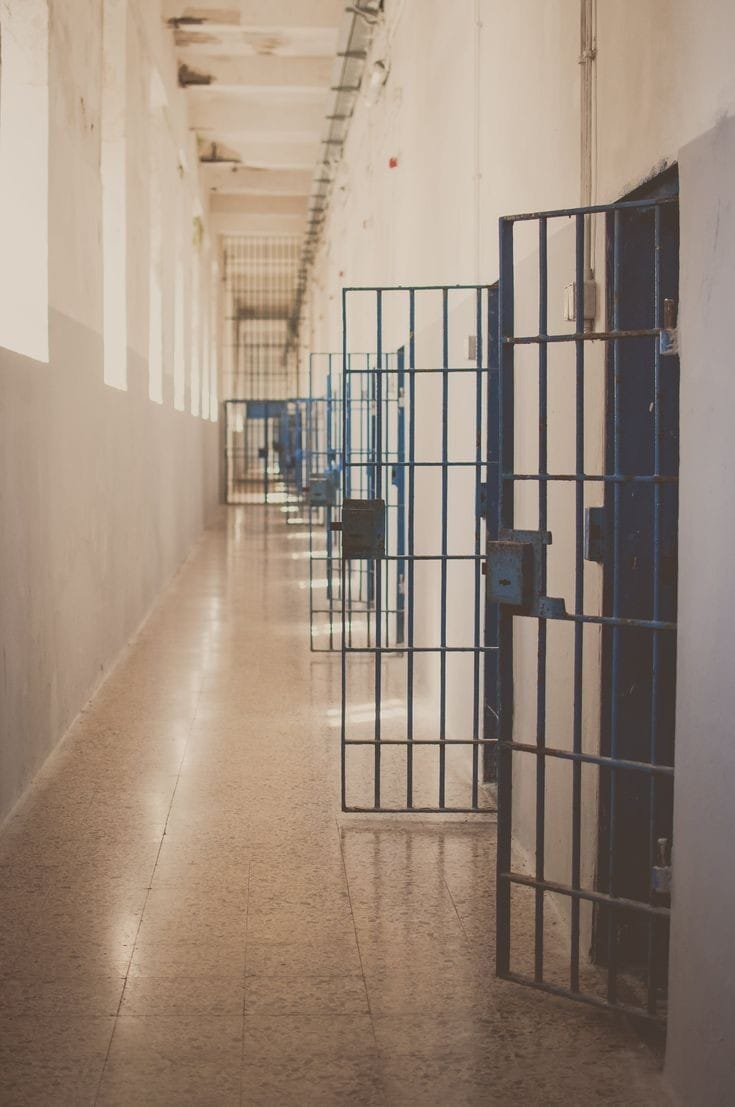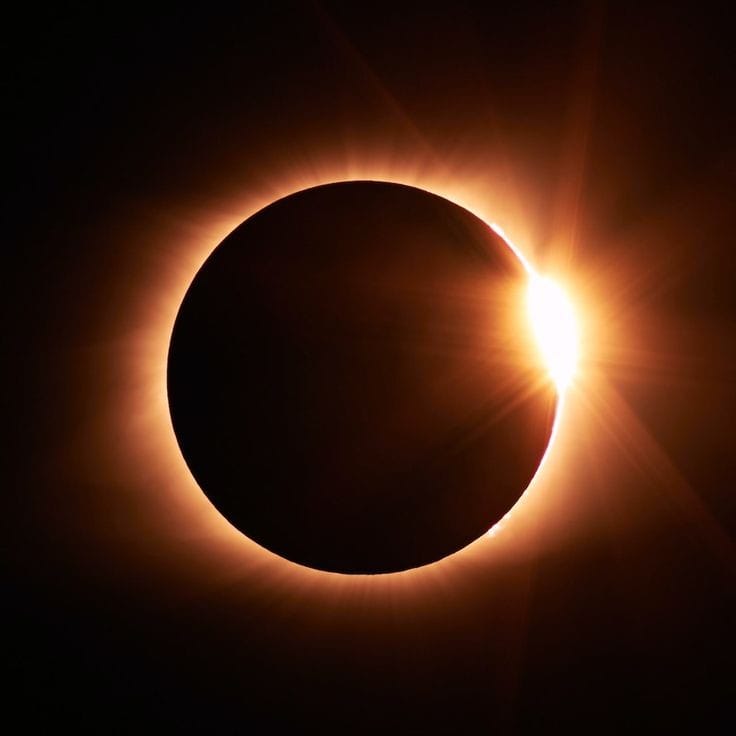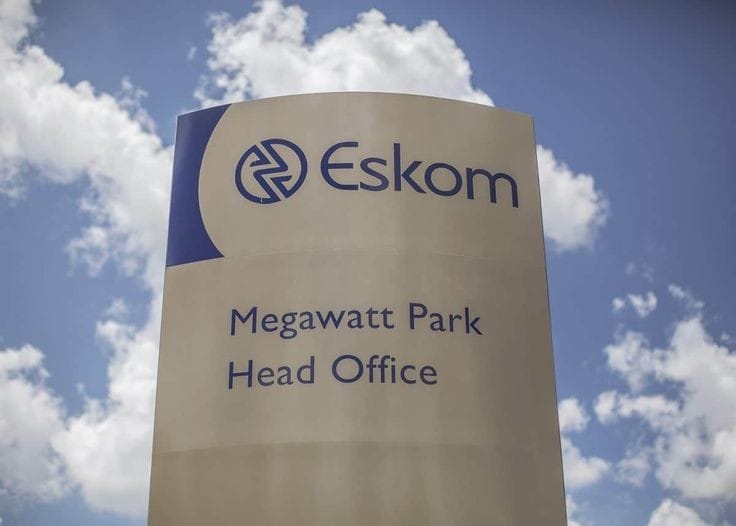In a recent address to the nation, Russian President Vladimir Putin alleged that Ukraine and its Western allies orchestrated the Wagner group revolt, aiming to incite Russians to “kill each other.” The abortive march on Moscow by the Wagner mercenaries left the country stunned. Putin, in his first public appearance since the rebels withdrew, expressed gratitude to Russians for their patriotism and emphasized that he had taken measures to prevent large-scale bloodshed. This article explores Putin’s accusations, the amnesty granted to Wagner fighters, and the potential implications of the revolt on Russia’s internal dynamics and international relations.
The Wagner Group Revolt and Putin’s Response: During his televised address, Putin accused Russia’s enemies, including neo-Nazis in Kyiv and their Western supporters, of seeking to foment fratricide among Russian soldiers. He thanked his security officials for their role in handling the armed rebellion and highlighted the resilience of civilian solidarity in the face of blackmail and attempts to provoke internal turmoil. Moreover, Putin extended amnesty to the Wagner fighters, presenting them with the option to either join the Russian army or return to their homes or Belarus.
The Motives Behind the Revolt: Yevgeny Prigozhin, the leader of the Wagner Group, defended the mutiny as an effort to protect his mercenary outfit and expose the failures of Russia’s military leadership. He asserted that the revolt was not intended to challenge the Kremlin’s authority. In an audio message, Prigozhin claimed that the ease with which his forces advanced towards Moscow exposed significant security vulnerabilities and urged for improvements in Russia’s military apparatus.
International Response and Ukraine’s Military Progress: While the turmoil unfolded in Russia, international observers, including the United States, closely monitored the situation. The U.S. National Security Council expressed concerns and engaged in diplomatic conversations with Russian officials, emphasizing that the crisis was an internal Russian affair. Meanwhile, fighting continued in Ukraine, with Kyiv’s forces claiming victories in their campaign to expel Russian troops from the east and south of the country. Ukrainian President Volodymyr Zelensky visited the frontlines near Bakhmut, commending the military’s progress and expressing optimism.
Implications for Russia and the Region: The Wagner Group revolt has raised significant questions about Russia’s internal stability and the efficacy of its military establishment. While the Kremlin sought to downplay the severity of the situation and return to a state of normalcy, the incident exposed potential security weaknesses and prompted evaluations of the Wagner Group’s future operations. Moreover, the international community is closely watching Russia’s response to the revolt and its implications for regional security dynamics, particularly in Ukraine and other conflict zones where the Wagner Group has been involved.
President Vladimir Putin’s accusation that Ukraine and Western allies orchestrated the Wagner group revolt, aiming to incite Russians to “kill each other,” has underscored the geopolitical tensions in the region. The amnesty offered to the Wagner fighters and the ongoing military developments in Ukraine further contribute to the complex dynamics at play. As Russia grapples with internal challenges and navigates its relationships with neighboring countries and international actors, the repercussions of the revolt will continue to shape the country’s trajectory and regional stability in the months to come.
The consequences of the Wagner Group revolt, and the subsequent response from President Putin and the international community, have wide-ranging implications for Russia and the region. Putin’s allegations of foreign involvement and his emphasis on avoiding large-scale bloodshed reflect the deep-rooted geopolitical tensions between Russia and its adversaries.
The amnesty granted to the Wagner fighters presents an opportunity for the Russian government to reassess its relationship with these mercenaries and potentially integrate them into official military structures. However, questions remain about the overall effectiveness and loyalty of these fighters, as well as the need for improved security measures within Russia’s military apparatus to prevent similar incidents in the future.
Meanwhile, the ongoing military progress in Ukraine, as claimed by President Zelensky, indicates that the conflict between Russia and Ukraine is far from over. The situation in Ukraine continues to test the region’s stability and presents a challenge to the international community, which remains vigilant in monitoring the developments closely.
The Wagner Group revolt has not only exposed potential vulnerabilities within Russia but also heightened concerns among neighboring countries about the extent of Russia’s influence and its willingness to employ mercenaries in various conflict zones. The incident raises questions about Russia’s regional aspirations, its commitment to international norms, and its potential impact on global security dynamics.
As Russia seeks to restore a sense of normalcy and downplay the severity of the revolt, it faces a critical juncture in its domestic and foreign policies. The aftermath of the revolt will likely prompt internal evaluations and strategic recalibrations within the Kremlin. It will also require Russia to navigate its relationships with neighboring countries, particularly Ukraine, and engage in meaningful dialogue with the international community to address the root causes of the conflict and find sustainable solutions.
In conclusion, the Wagner Group revolt represents a significant challenge to President Putin’s rule and highlights the complexities of Russia’s domestic and international landscape. The response from Russia’s leadership, as well as the reactions from neighboring countries and global actors, will shape the course of events in the region and have long-term implications for security and stability. As the situation evolves, it remains crucial for all parties involved to prioritize dialogue, diplomacy, and a commitment to finding peaceful resolutions that address the underlying grievances and promote regional cooperation.









